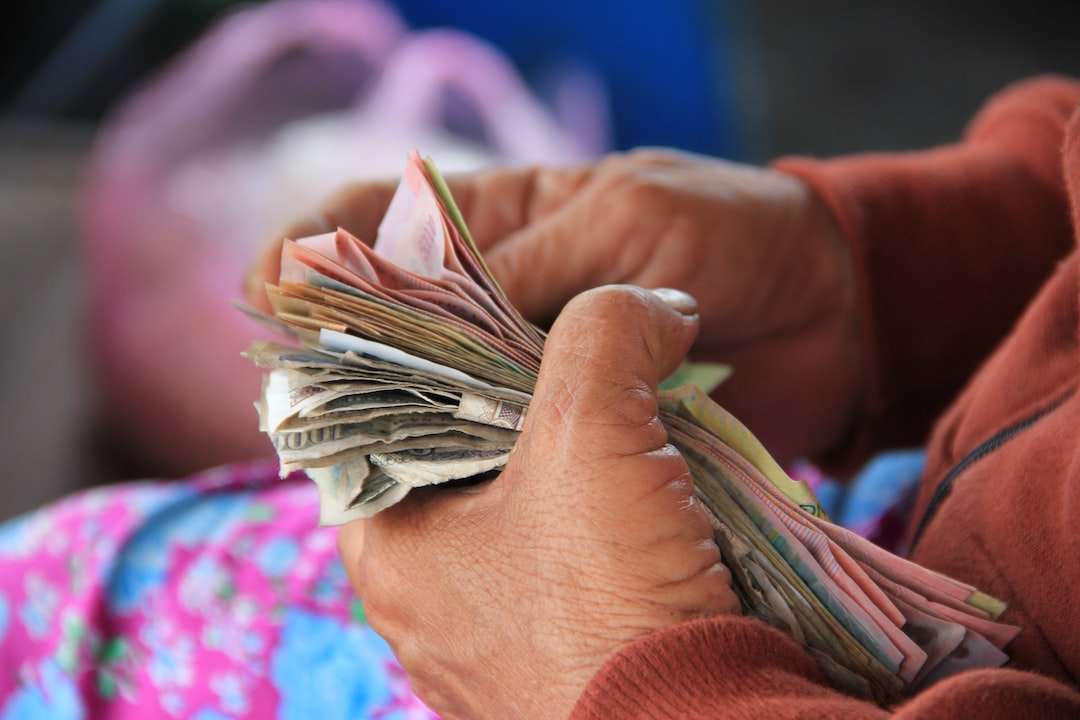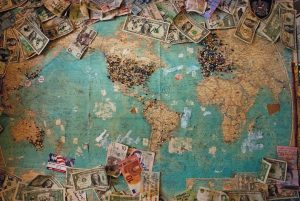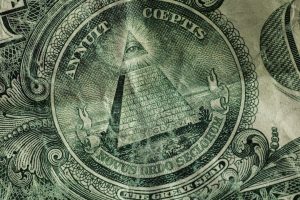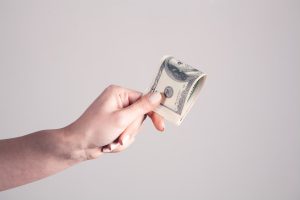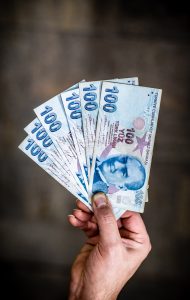The forex market is the largest and most liquid financial market in the world, with a daily trading volume of over $5 trillion. It is a decentralized market, meaning that there is no central exchange or clearinghouse where all trades take place. Instead, forex trading is conducted electronically over-the-counter (OTC), with buyers and sellers trading directly with each other through various trading platforms and brokers.
So, who owns the forex market? The answer is that no one person or entity owns the market. It is a global network of banks, financial institutions, hedge funds, corporations, governments, and individual traders, all of whom participate in the market to buy and sell currencies for various reasons.
Banks and financial institutions are the primary players in the forex market. They trade currencies on behalf of their clients, which can include corporations, hedge funds, and other financial institutions. Banks also trade currencies to manage their own foreign exchange exposure, such as when they need to convert currencies for international trade or to fund overseas operations.
Hedge funds are another major player in the forex market. These are private investment funds that use a range of strategies to generate returns, including currency trading. Hedge funds are typically managed by experienced traders and can be very aggressive in their trading activities. They often use leverage to magnify their returns, which can also increase their risks.
Corporations are also major participants in the forex market. They trade currencies to manage their exposure to foreign exchange risk, such as when they have to pay for imports or receive payments in foreign currencies. Large multinational corporations may have dedicated forex trading desks staffed by experienced traders.
Governments and central banks also participate in the forex market. They trade currencies to manage their foreign exchange reserves and to influence the value of their currency. Central banks can also intervene in the forex market to stabilize their currency or to combat inflation.
Finally, individual traders also participate in the forex market. These can be retail traders who trade through online brokers or institutional traders who work for financial institutions. Retail traders typically trade with smaller amounts of capital and may use leverage to increase their returns. Institutional traders, on the other hand, trade with larger amounts of capital and may have access to more sophisticated trading strategies and tools.
In conclusion, the forex market is owned by a diverse group of participants who trade currencies for various reasons. Banks, financial institutions, hedge funds, corporations, governments, and individual traders all play a role in the market, making it a truly global and decentralized marketplace. While no one person or entity owns the forex market, its participants collectively drive its liquidity, volatility, and potential for profit.

